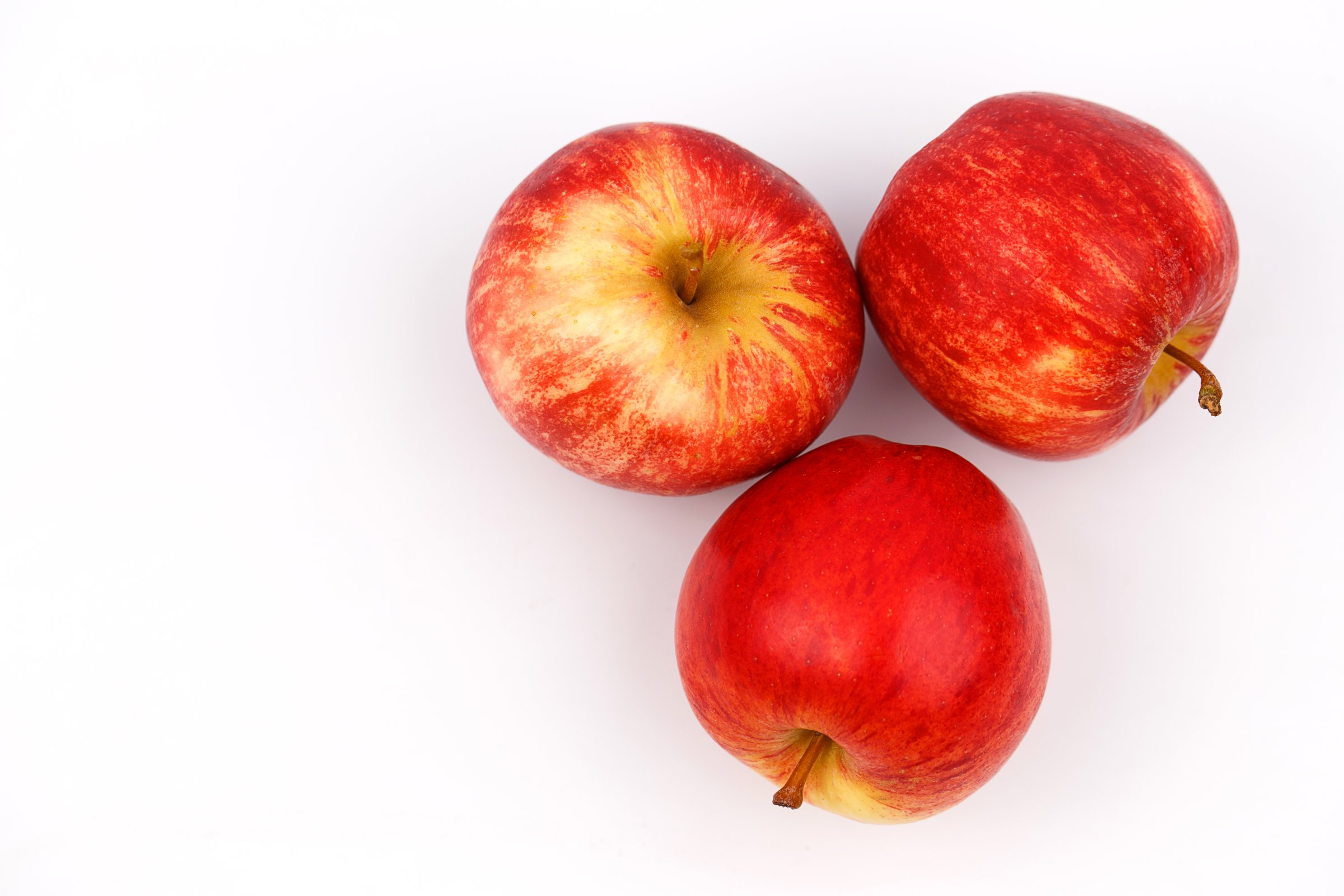
Fruit and vegetables are among the healthiest foods around, packed with plenty of vitamins, minerals and nutrients. But have you ever wondered about what else you might be eating when you bite into an apple?
Gabriela Berg did. The head of the Institute of Environmental Biotechnology at Graz University of Technology in Austria has been studying the microbes that inhabit fruit for most of her professional career. This seemingly esoteric curiosity has recently taken on more practical health implications, as research into the human microbiome has uncovered the key role bacteria, viruses and other microorganisms that live on our skin and in our bodies have in keeping our guts healthy and our immune system functioning.
And understanding the micro-organisms in the food we eat could reveal further details of how the human microbiome is created and maintained. For a study published recently in Frontiers in Microbiology, Berg and her team—which included local high school students learning about the microbiome—did thorough analyses of the microbes living inside and on the skin of one of the most popular fruits: apples.
They looked at four apples, two grown under conventional conditions and two grown organically, and ran genetic analyses on six different parts of each fruit to identify which microbes were present. Conventional and organic apples contained the same number of total micro-organisms—about 100 million—distributed between the peel, pulp, seeds, stem, and flower-end of each fruit.
That was a surprise to the researchers. “Our hypotheses were completely wrong,” says Berg. “We expected a difference between the conventional and organic apples.”
There was, in fact, a difference between the two types, just not one they anticipated: the organic apples had a greater variety of different microbial species than the conventionally grown ones. The exact implications of the greater variety of species isn’t clear, but previous research has found, for example, that in some cases more diverse microbiomes tend to be associated with better health outcomes such as lower weight and reduced risk of conditions like asthma and allergies.
Another revelation was the variety of microbial species found in apple seeds, especially those from the organic fruit. “For a long time seeds were really the wasteland of plant microbiology,” Berg says, “because they were thought to be sterile. But we were really surprised about the diversity of microbial species inside seeds. It’s like the mother giving the first stock of microbes to a newborn baby at birth; it seems to be the same for all plants.”
The results aren’t just of interest to plant scientists, she says, but could also be helpful in better understanding how the human microbiome is built, since what people eat—which includes the microbes living in that food—affects which species populate the human gut and body, both transiently and permanently.
Berg’s study wasn’t designed to tease apart why different growing conditions might lead to differences in microbial diversity, but is currently investigating factors such as pesticide exposure, as well as environmental contributions from soil and water.
More Must-Reads From TIME
- The 100 Most Influential People of 2024
- The Revolution of Yulia Navalnaya
- 6 Compliments That Land Every Time
- What's the Deal With the Bitcoin Halving?
- If You're Dating Right Now , You're Brave: Column
- The AI That Could Heal a Divided Internet
- Fallout Is a Brilliant Model for the Future of Video Game Adaptations
- Want Weekly Recs on What to Watch, Read, and More? Sign Up for Worth Your Time
Contact us at letters@time.com